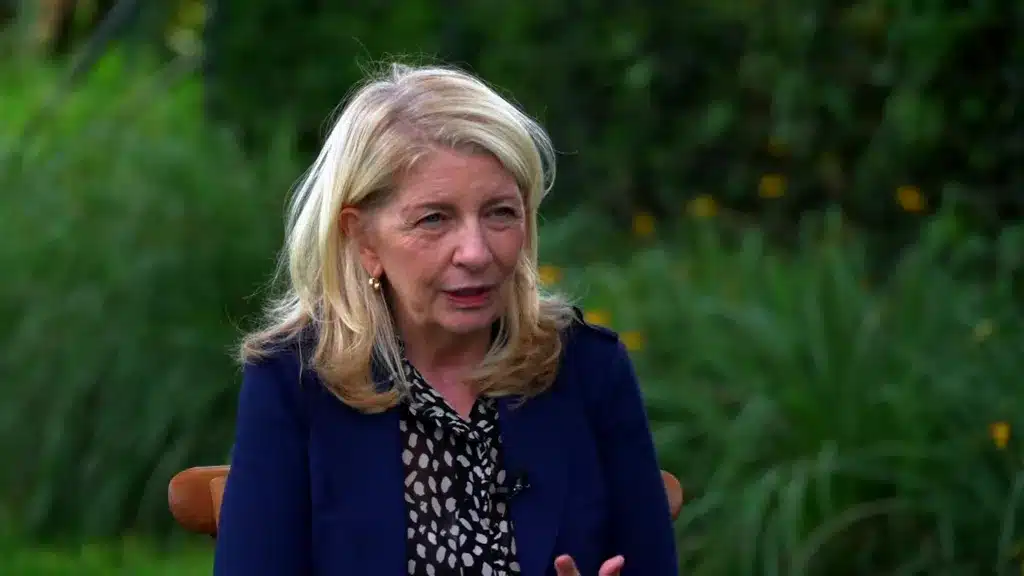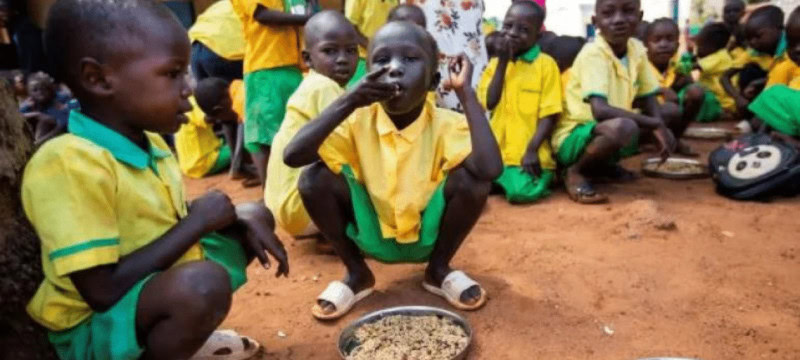The head of Unicef describes Sudan as among the world’s worst places for children, noting it faces the largest displacement of children globally due to a severe civil war lasting over a year. Catherine Russell emphasizes the dire situation with millions of children suffering from malnutrition and lacking access to education.
She is traveling to the country amid escalating famine warnings, as Sudan’s food economy has collapsed, exacerbated by restrictions on aid delivery by the Sudanese army and the Rapid Support Forces. Russell highlights the critical plight of children, stating that nine million do not receive sufficient regular meals and nearly four million are severely malnourished.
Read more: Bangladesh Faces Severe Monsoon Floods, Homes Submerged In Water
Urgent action is needed to prevent conditions from deteriorating further, she stresses, emphasizing the urgency to act now before it’s too late for many children already suffering from starvation and malnutrition.

The Sudanese Armed Forces and RSF have divided the country and caused a humanitarian disaster. Food deliveries to areas controlled by the RSF are restricted by the army, while RSF fighters are accused of widespread resource plundering and besieging the city of El Fasher.
Catherine Russell of Unicef acknowledged the crisis as entirely man-made but refrained from confirming if hunger was being used as a weapon of war. She emphasized that the main issue was the inability to distribute available food to those in need, describing it as a severe crisis.
Russell highlighted Sudan’s status with the highest number of displaced children globally—five million—and nearly all children out of school, risking a lost generation prone to future instability.
She expressed concerns about the challenges of re-educating and reintegrating these children into classrooms. Despite international appeals for peace and US-led peace talks, efforts have not yet succeeded in calming the situation in El Fasher.
Russell underscored the urgent need for global attention and action, citing competing global crises in places like Gaza, Ukraine, and Haiti that have strained international focus. She stressed the critical nature of the situation in Sudan and warned of potentially worsening conditions if immediate steps are not taken.









